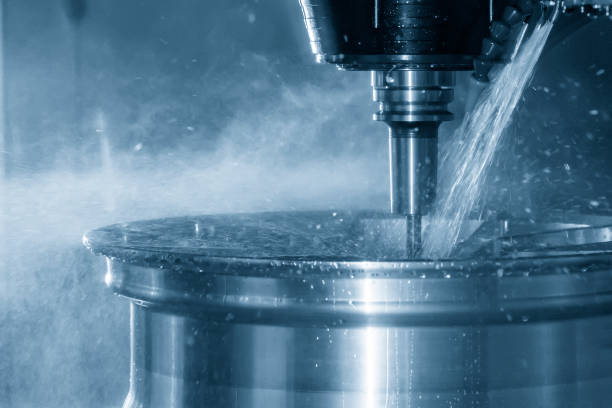Die castings are a form of precision manufacturing that make use of a special process to create complex metal parts with exceptional accuracy and consistency. This highly specialized technique is commonly used in the industrial sector to produce a wide range of products and components, including automotive parts, electronic enclosures, and various machinery parts.
The die casting process involves injecting molten metal into a mold cavity under high pressure. The mold, or die, is typically made from steel and is designed to create the desired shape of the finished product. Once the molten metal is injected into the mold, it is rapidly cooled and solidifies to form a precise and durable part or component.
One of the key advantages of die casting is its ability to produce parts with a high degree of accuracy and consistency, making it an ideal manufacturing technique for complex components with tight tolerances and intricate geometries. In addition, die casting offers excellent surface finish and the ability to produce parts with thin walls or complex shapes that would be difficult or impossible to achieve with other manufacturing processes.
Die casting is also a highly efficient and cost-effective manufacturing technique, as it enables manufacturers to produce large quantities of parts quickly and at a relatively low cost per unit. This makes it an ideal choice for high-volume production runs where quality, speed, and cost are all critical factors.

There are several different types of die casting processes, including hot chamber die casting and cold chamber die casting. In hot chamber die casting, the injection mechanism is submerged in a pool of molten metal, while in cold chamber die casting, the molten metal is poured into the injection chamber from an external source.
Regardless of the specific die casting process used, however, the end result is always a high-quality, precision part that meets the exact specifications of the customer. Whether you need automotive parts, electronic enclosures, or machinery components, die casting is an excellent choice for precision manufacturing applications. So if you\’re looking for a reliable and cost-effective way to produce complex metal parts, be sure to consider the many benefits of die casting.
-

- Μέρη χυτηρίου μαγνησίου Στήλη τιμονιού
-

- Εξαρτήματα από χυτό μαγνήσιο Κάλυμμα περιβλήματος φορητού υπολογιστή D
-

- Factory Custom China Bmx Cycles Road Sport Kids Bicycle 12 16 18 20 Inches Cycle Mtb For Kids 6-10 Years
-

- Εξαιρετικά ελαφρύ πιρούνι ανάρτησης για MTB
-

- CNC machined parts Steering bracket
-

- Magnesium alloy Thixomolding power batter housing

 0086-750-5616188
0086-750-5616188 +86 13392089688
+86 13392089688 sales@zhongmei-tech.com
sales@zhongmei-tech.com







